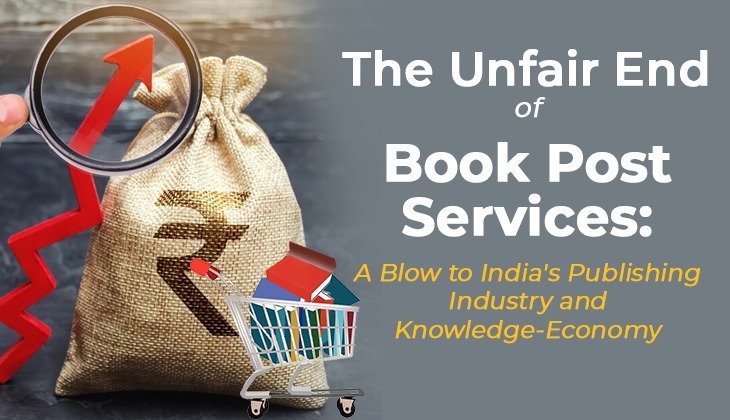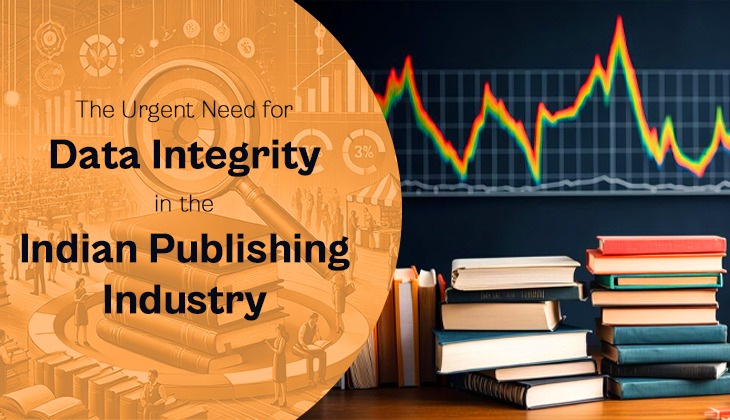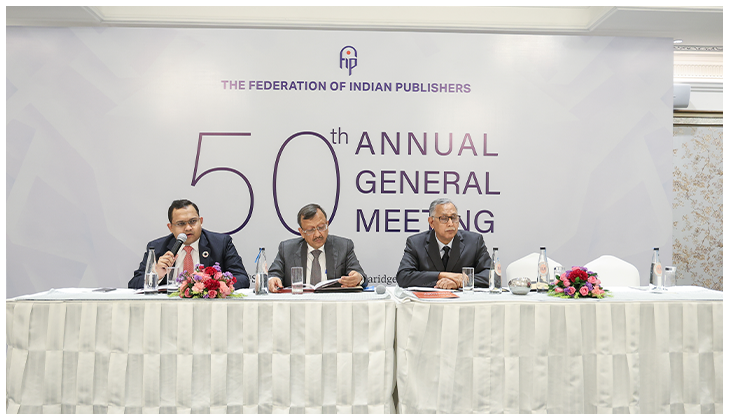No writer is error proof. There are numerous mistakes ranging from grammatical to typo that occur frequently in various written articles, novels etc. As a publisher, I come across many errors that could and should have been avoided or corrected. From my experience, I will list down a few mistakes that are common and some pointers that an aspiring writer should keep in mind in order to write better.
1. More active less passive: While writing a story use active phrases more often than passive. This will bring the characters out alive for the readers. A passive narration takes the characters away from the readers. Avoid it as much as you can.
2. Meet the reader Mid-way: Don’t go around in circles. Don’t be redundant. Readers love to be surprised. Leave some space for the reader to bring his/her imagination to your work. Meet the reader half-way. Let him add on to your world through his own.
3. Poor organization and flow: Whatever you are writing needs to be organized. The sentences shouldn’t be haphazard. There needs to be a natural flow in prose. All sentences need to appear to have been naturally flowing from the one preceding it.
4. Transition: Apart from the sentences there should be a logical flow to the work as well. The plotline needs to be constructed from a central theme that should be kept in mind, throughout. There should be logical evidence even if you are writing a sci-fi or a historical fantasy.
5. Write from the heart: At the expense of using a cliché, ‘you should write from the heart’. In case your writing does not interest you, chances are it won’t interest any reader as well.

6. Make a list of common errors: Once you are done with writing, browse the internet for common errors that are found in written work. Make a list. Also include the mistakes that you are prone to making. Keep them in mind before going forward with proofreading/editing your work.
7. Proofread/ Edit: Take a break after finishing your manuscript. Then come back to correcting the mistakes. The break will take your mind off the written material and you’ll come back to it with a fresh mind. Proof reading is a subject in itself and has various pointers to do it right:
- Read the entire text once. You may come across a few errors during this process itself. Correct them.
- If there are any long sentences, break them down for better comprehension of the reader.
- Now read the text slowly with an eye for detail to check for punctuation mark errors, spelling mistakes etc. The auto correct option in MS Office will not eliminate errors like ‘its’ from ‘it’s’ or homonyms (words that sound similar but have different meaning) like ‘except with accept’, ‘moral with morale’, so on and so forth. Watch out for these as these are the most frequent and often overlooked.
- Double check the names/live factors (characters, places, addresses etc.). Chances are that you may use them multiple times and an ‘Oprah’ may become ‘Orpah’ at places without you noticing it.
- Read the document backward now. Start with the last sentence and climb up to the first. This will break the pattern and distance you from your own writing. Breaking the flow will give you a chance to look at each sentence more constructively.
- Once you have done the above, take a print out and re-read it. Read it out loud. Your ears will catch what your eyes and mind may have missed. Use coloured pens to mark mistakes. Once done make the changes on the computer.
- Have a friend proof read it for you. No matter how closely you check your work, you are too close to it to view it relatively. All small erroneous and extraneous may not rise out of the page to you. They will to your friend or editor.
8. End is critical: If you can give a good ending to whatever it is that you are writing, it is half work done. End is what most readers will remember and if yours is anything to talk about, you can be sure of referrals and more readers
9. Title: Last but not the least, the title of the work is critical. Make it creative and re-check it. It is one of the most overlooked error prone areas.
Keep the points in mind and you are sure to love the end result. Writing is a journey and the more you write, the better you get. There is no two ways about it. The above points may help you get a better version of your work if not a perfect/error free construct.


